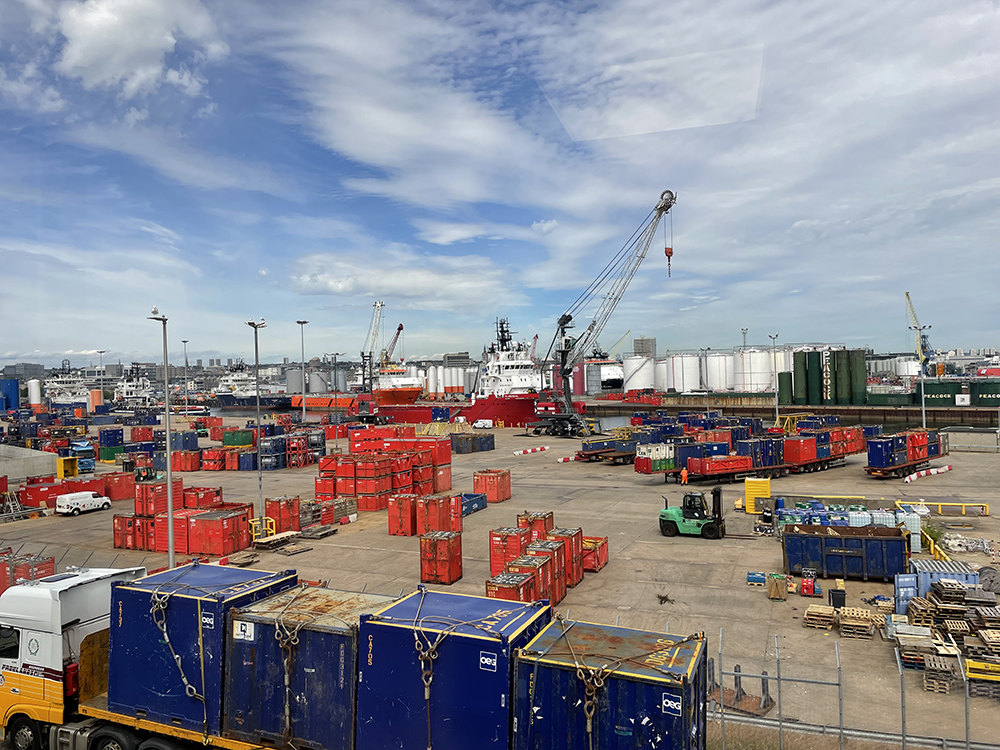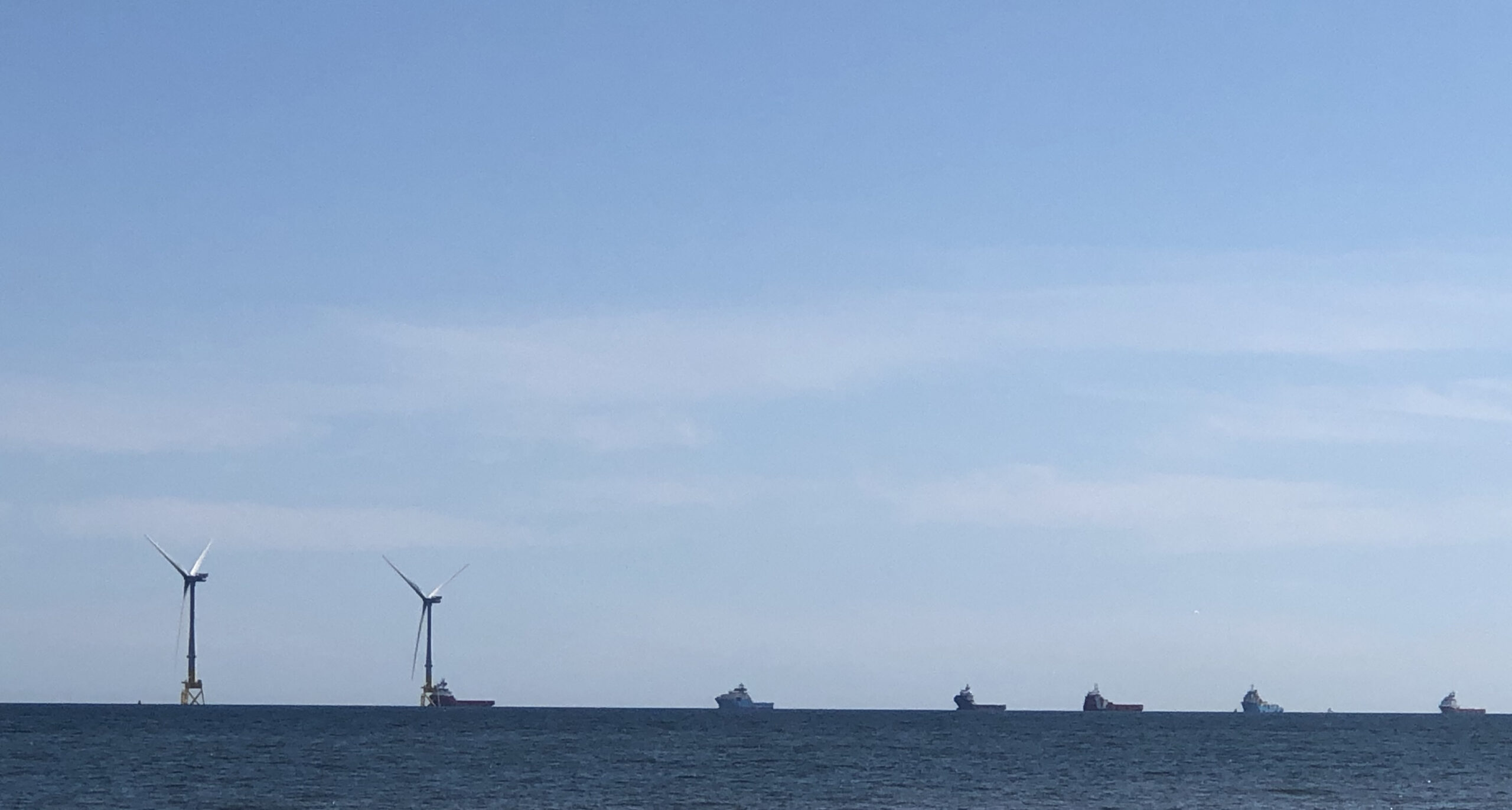Regearing the O&G Supply Chain to meet Net Zero
By Barry Archer, Director, Energy
At Offshore Europe 2023 in Aberdeen this month, there was determination and optimism within the oil and gas supply chain about a pivot toward new energy projects. This industrial shift is happening now and is set to continue in-step with declining hydrocarbon demand over the next couple of decades as energy consumption needs are increasingly met by low and zero carbon solutions.

The oil and gas supply chain, and the skills, capabilities and technologies that have been built up over decades are actively being leveraged and are an integral part of the success of new low carbon energy projects. In offshore wind the UK has the second largest capacity globally with almost 14GW coming from complex projects such as Hornsea, Dogger Bank and Seagreen.
This process is happening organically, where services and skills can be repurposed, and inorganically through M&A activity. Core competencies are being leveraged and added to, diversification into new business streams is expanding companies service offerings. The new energy market, with the likes of renewables (wind, solar, tidal, wave, biomass etc..), CCS and hydrogen, and the distribution infrastructure necessary to deliver energy to consumers, will need a robust and capable supply chain that can support their meaningful growth into the 2030s and 2040s, and beyond.
The UK oil and gas industry which today consists of 220,000 jobs, and in 2022 generated according to the latest OEUK economic report around £30bn in gross value added (c.1.5% of the UK economy) is a strategic asset for the UK that must be utilised.
The energy trilemma looms large over the energy transition discussion and is inescapable for all stakeholders. This is particularly true for policymakers who are steering the energy transition, and investors who are funding it. Moving from a hydrocarbon-based energy system to one based on low carbon technologies must be done while delicately balancing energy security, energy affordability and energy sustainability. It needs to be understood that a sudden change in one direction will have negative consequences for the economy.
The reality is that oil and gas will remain an important component of the UK’s energy mix into the next decade. The latest OEUK economic report notes that over 75% of all the UK’s energy consumed is still from oil and gas, with coal, renewables and nuclear making up the remainder. Just as the proportion of the oil and gas generated energy we all use will gradually decline, so to in step will the major source of revenues for oil and gas suppliers as new revenue streams develop and mature.
An agile, collaborative, and innovative approach from all stakeholders will be necessary given the need to develop new supply chains, technologies, and business models to successfully bridge to a net zero future, coupled with a need for long-term strategic planning to reduce investment risk.
